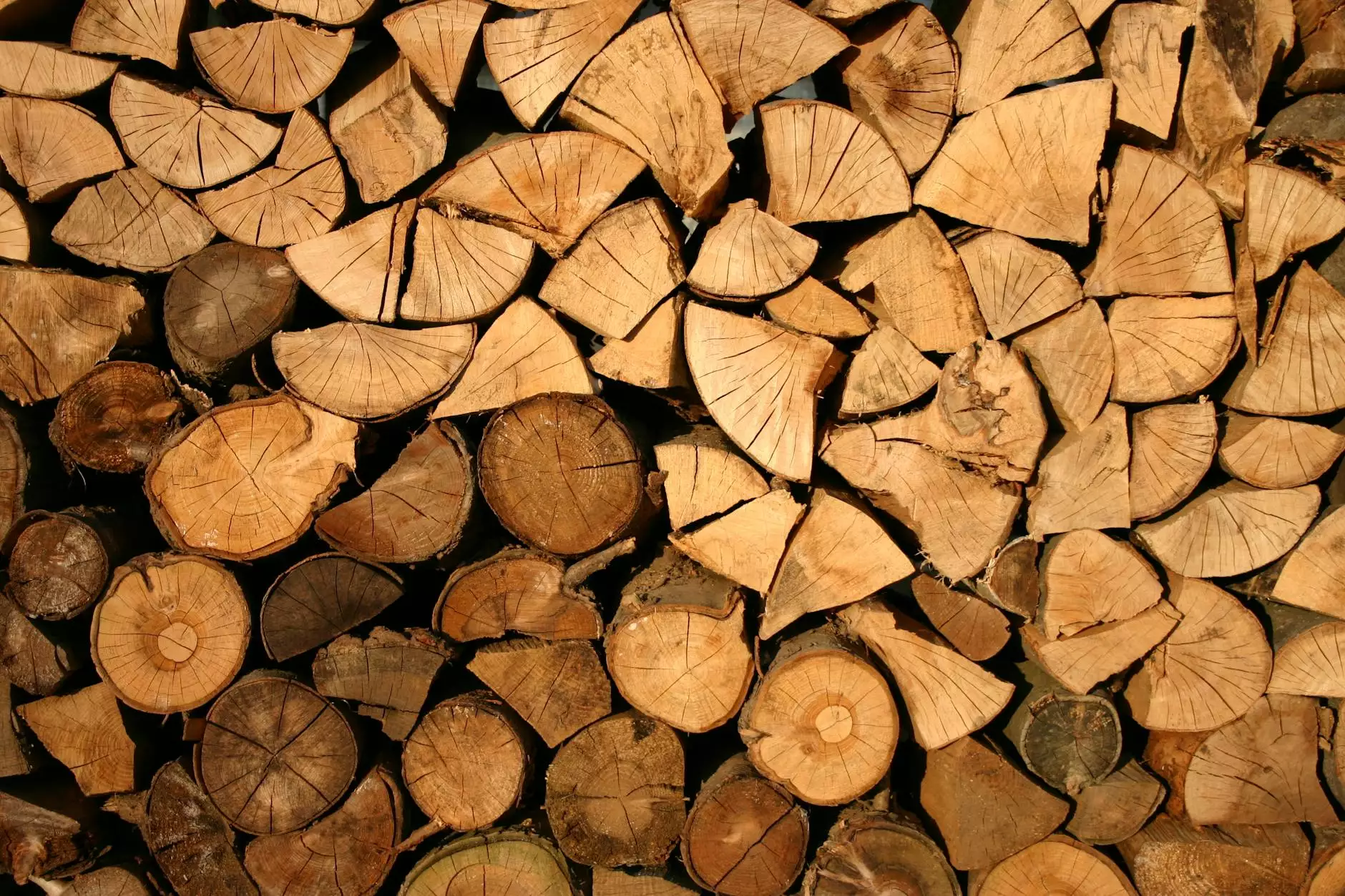Timber Wholesale: Your Ultimate Guide to Sourcing Quality Timber

In the world of construction and woodworking, the sourcing of quality materials is crucial. One such essential material is timber. Whether you are a contractor, builder, or DIY enthusiast, understanding the intricacies of timber wholesale can significantly impact your project outcomes. This article provides a comprehensive overview of timber wholesale, covering everything from sourcing to types of timber, and provides insights into effective relationships with timber merchants and wood suppliers.
Understanding Timber Wholesale
Timber wholesale involves the buying of timber in bulk from suppliers or manufacturers at discounted rates. This practice is advantageous for builders, carpenters, and other professionals who require large quantities of wood for their projects. By purchasing timber wholesale, stakeholders can achieve better pricing, ensuring higher profit margins or reduced costs for clients.
Benefits of Buying Timber Wholesale
- Cost Efficiency: Purchasing in bulk often yields lower prices per unit, allowing for significant savings.
- Quality Assurance: Reliable wholesale suppliers often provide consistent quality, ensuring the materials meet industry standards.
- Variety of Options: Wholesale timber dealers usually have extensive inventories, providing a broader selection of wood types and grades.
- Convenience: Buying in bulk reduces the frequency of orders, saving time and effort in procurement.
Types of Timber Available Wholesale
Understanding the different types of timber is essential for making informed purchasing decisions. Below are some of the main categories of timber available in wholesale:
1. Hardwood
Hardwood comes from deciduous trees that shed their leaves in winter. It is known for its durability, density, and aesthetic appeal. Common types of hardwood include:
- Oak: Renowned for its strength and beautiful grain.
- Maple: Offers excellent resistance to shock and is easy to work with.
- Cherry: Known for its rich color and smooth finish.
2. Softwood
Softwood is derived from coniferous trees, which typically grow faster than hardwoods. It is widely used in construction and can be an economical option. Key types of softwood include:
- Pine: Versatile and widely available, making it a popular choice for framing.
- Spruce: Known for its lightweight properties and ease of use.
- Cedar: Resistant to decay and insects, making it ideal for outdoor projects.
3. Engineered Wood Products
Engineered wood products are manufactured by combining wood fibers, strands, or veneers. These products offer enhanced stability and strength. Common types include:
- Plywood: Layered wood sheets that provide strength and versatility.
- OSB (Oriented Strand Board): Made from wood strands, used primarily in structural applications.
- LVL (Laminated Veneer Lumber): Used for beams and headers due to its uniformity and strength.
Tips for Sourcing Quality Timber Wholesale
Sourcing quality timber requires attention to various factors. Here are some key considerations when engaging with timber merchants and wood suppliers:
1. Research Suppliers Thoroughly
Take the time to investigate different suppliers. Look for established timber merchants with a positive reputation in the industry. Online reviews, testimonials, and referrals from within your network can provide valuable insights.
2. Verify Certifications
Ensure that your chosen timber supplier holds necessary certifications that comply with national and international standards. Certifications like FSC (Forest Stewardship Council) and PEFC (Programme for the Endorsement of Forest Certification) indicate sustainable sourcing practices.
3. Inspect the Timber
Whenever possible, physically inspect the timber before purchase. Check for signs of damage, warping, or decay. This is particularly important for hardwoods, where aesthetic quality is critical for visible applications.
4. Consider the Supply Chain
Understanding the supply chain helps assess the quality and provenance of the timber you are buying. Transparent suppliers who share their sourcing practices are often the most trustworthy.
The Role of Timber Merchants and Wood Suppliers
Timber merchants and wood suppliers play a pivotal role in the timber wholesale industry. Recognizing their value can enhance your sourcing experience.
1. Knowledge and Expertise
Timber merchants are typically experts in their field, possessing in-depth knowledge about various timber types, treatments, and applications. Their guidance can help you make informed choices based on your project requirements.
2. Access to Diverse Products
Wood suppliers often carry an extensive range of products, from raw timber to processed materials. This variety means that you can find everything you need under one roof, streamlining your buying process.
3. Customization and Cutting Services
Many timber suppliers offer customization options, including cutting and finishing services. This can save you significant time and labor costs, allowing you to focus more on your core project tasks.
Building Lasting Relationships with Suppliers
Establishing a productive relationship with your timber merchant or supplier can provide ongoing benefits beyond single purchases. Here’s how to create lasting partnerships:
1. Regular Communication
Keep lines of communication open. Regularly updating your suppliers about your upcoming projects can help them better meet your needs and ensure timely deliveries.
2. Provide Feedback
Constructive feedback regarding their products and services can be invaluable. Suppliers appreciate knowing what works and what doesn’t, allowing them to improve their offerings over time.
3. Loyalty Programs
Many suppliers offer loyalty programs that reward regular customers with discounts, priority services, and other benefits. Don’t hesitate to ask about such programs to maximize your savings.
Eco-Friendly Practices in Timber Wholesale
Sustainability is an increasingly critical aspect of the timber industry. As a buyer, being aware of eco-friendly practices in timber wholesale can positively impact the environment. Here are some practices to consider:
- Choose Sustainable Timber: Opt for sources that practice sustainable logging methods. Look for certifications like FSC.
- Utilize Reclaimed Wood: Reclaimed timber offers a fantastic eco-friendly option that not only reduces landfill waste but also provides unique character.
- Support Local Suppliers: Sourcing timber locally reduces transportation emissions and supports the local economy.
Conclusion
In conclusion, navigating the world of timber wholesale can be a lucrative endeavor for anyone engaged in construction or woodworking. By understanding the different types of timber available, implementing effective sourcing techniques, and fostering relationships with timber merchants and wood suppliers, you can ensure that your projects are built on a foundation of quality materials. Embracing eco-friendly practices can further enhance your reputation as a responsible builder or craftsman. Allow your next project to reflect the excellence that comes from informed timber wholesale choices, and watch your reputation soar in the industry.
For more information or to explore our extensive range of timber products, visit woodtraderssro.com today!









